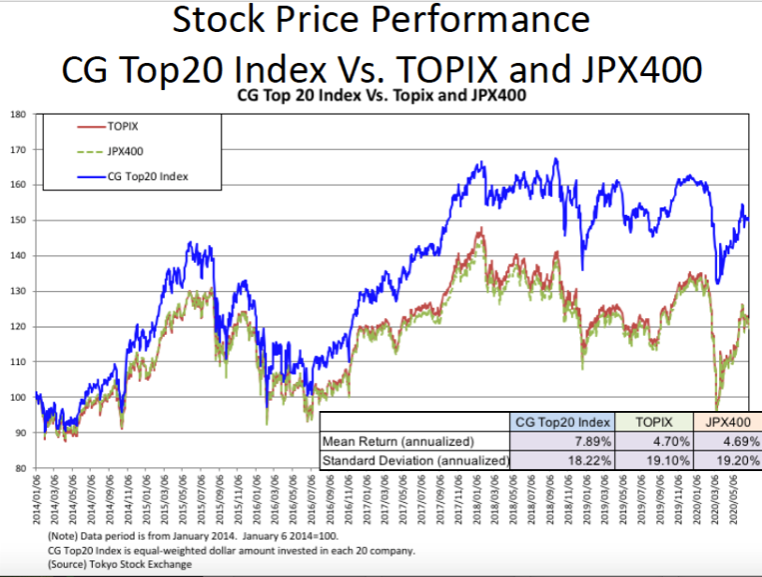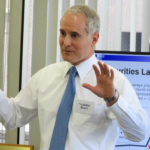Fir Tree Partners submitted a shareholder proposal nominating me as an outside board director for JR Kyushu. This all began as Fir Tree, the largest and longest holding, active shareholder of JR Kyushu since its IPO, was working in dialogue with the Company to find suitable new board candidates. I accepted the nomination because I believe the current needs of the JR Kyushu board fit well with my previous professional experience as well as my knowledge base. In particular, my experience as both analyst and corporate executive should be helpful as I am in favor of dialogue between investors and companies.
In mid-April, I was surprised to learn that JR Kyushu management, after spending months screening and interviewing the various candidates, ultimately decided to reject all candidates that were under consideration with Fir Tree. At this time, Fir Tree asked us to be their shareholder candidates for this year’s annual meeting. Even though being elected to a board as a shareholder proposal candidate is still rare in Japan, I decided to accept the role because I feel strongly about the importance of good governance and the role of completely independent outside directors. As I learned more about JR Kyushu in the past few months, I have concluded that I can add to the JR Kyushu board the diversity, perspective, and expertise that I have developed as an analyst, fund manager, investor relations professional and corporate executive in charge of governance matters. To this end, I believe I can help JR Kyushu in addressing the current challenges caused by Covid-19 as well as fulfill its full potential.
I would also like to publicly state that I am completely independent from Fir Tree and have told them directly that at all times. Fir Tree approached me through the help of a third-party search firm. I previously knew nobody at Fir Tree. There is no financial arrangement between us. I will remain independent from Fir Tree should I be elected as a director of JR Kyushu. I will consider Fir Tree’s opinions as no more or less important than those of any other shareholder, large or small.
If elected to the JR Kyushu board, I would be completely open minded and unbiased. I would review all board matters carefully in consultation with the other board members, management, and shareholders utilizing both public and non-public information in order to form my own opinions. I would endeavor to make well informed decisions that are best for all stakeholders.





